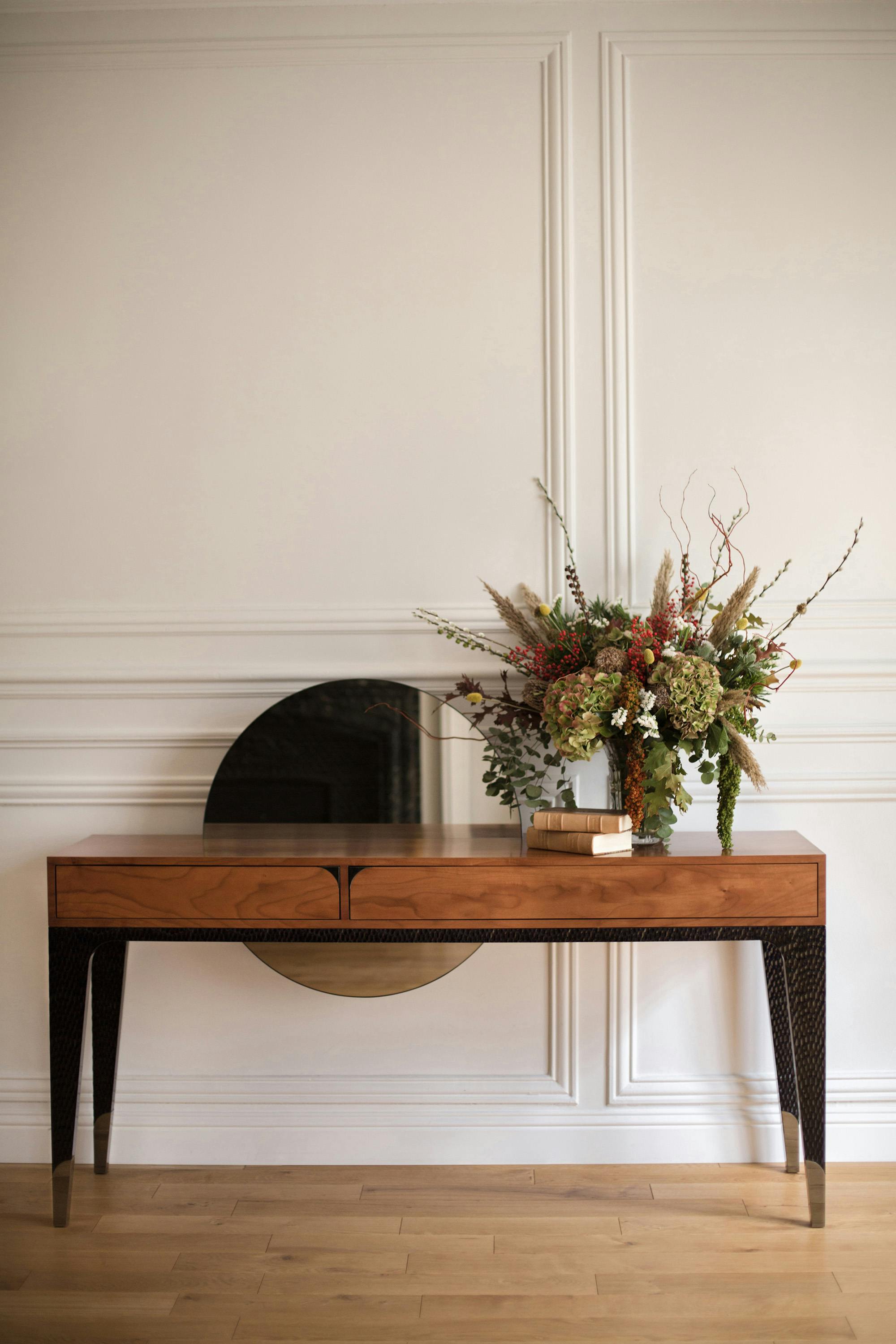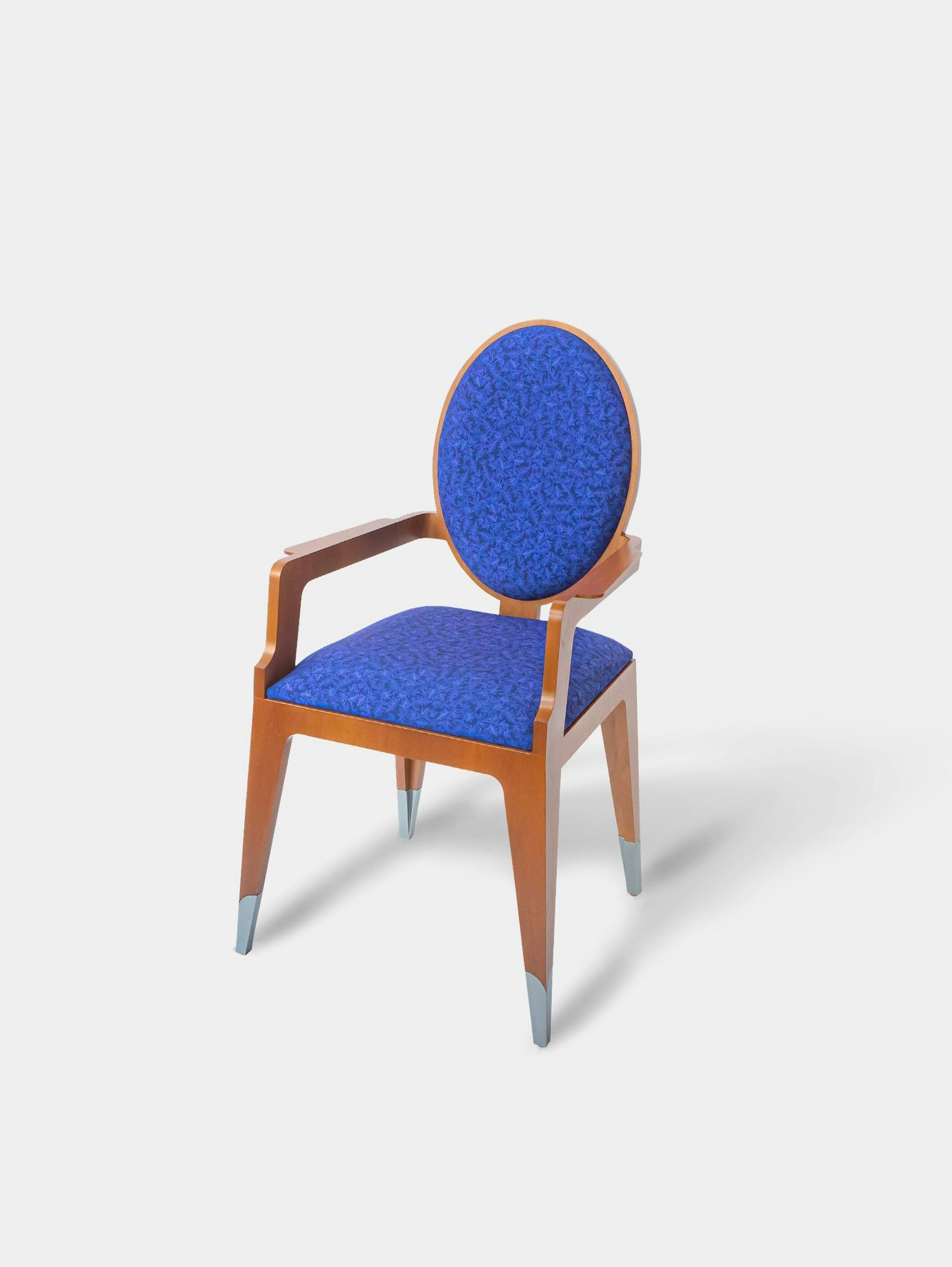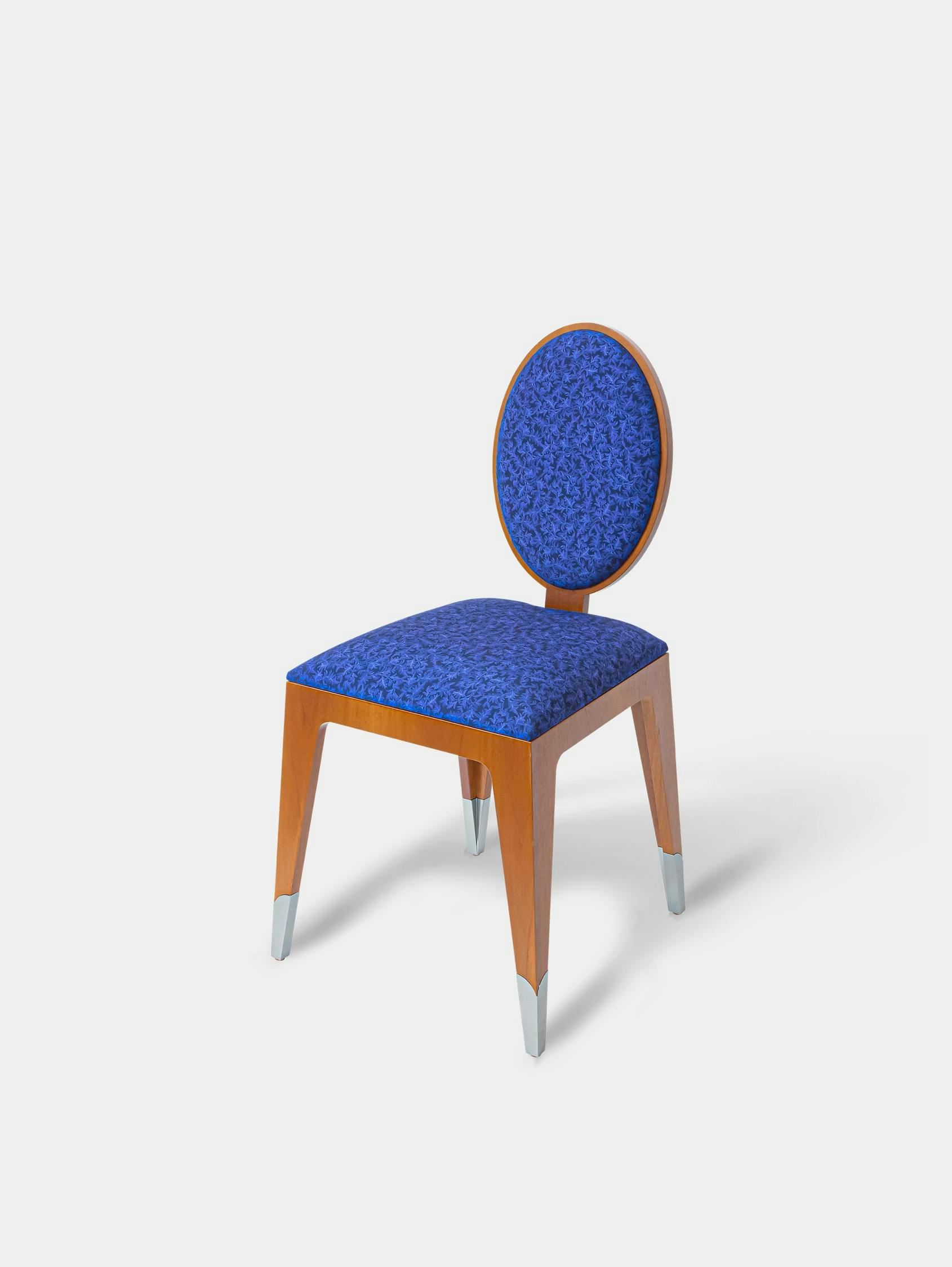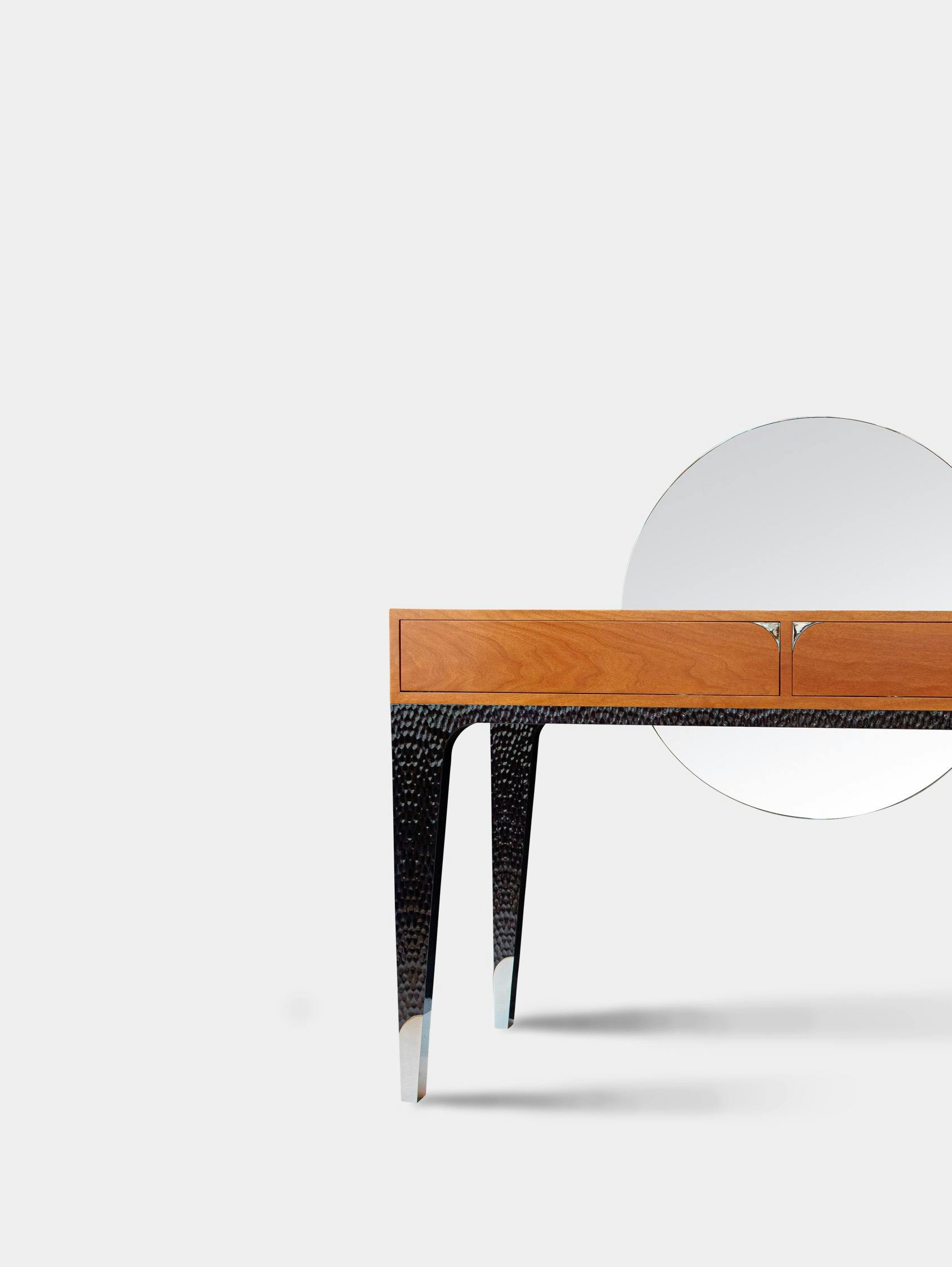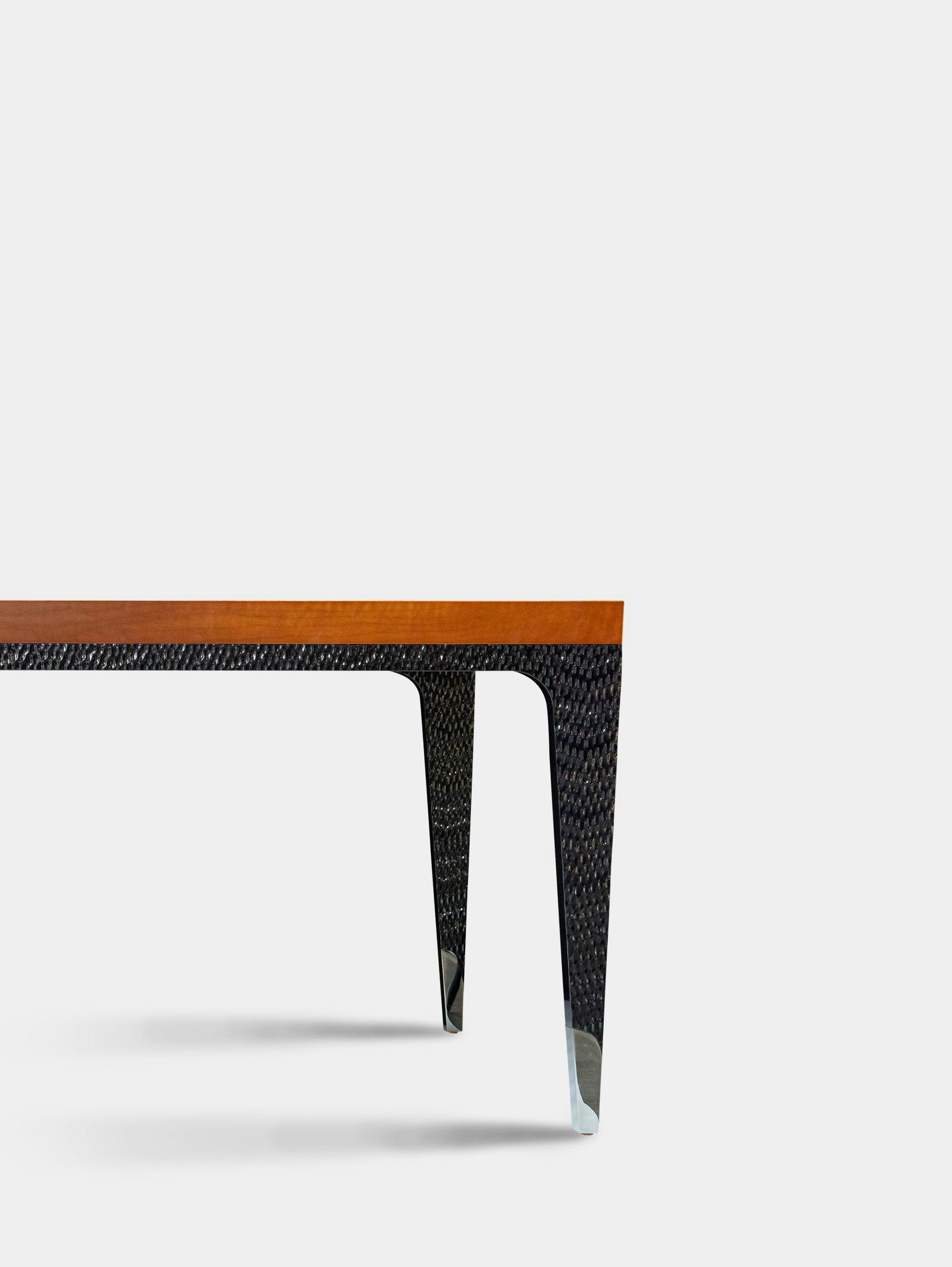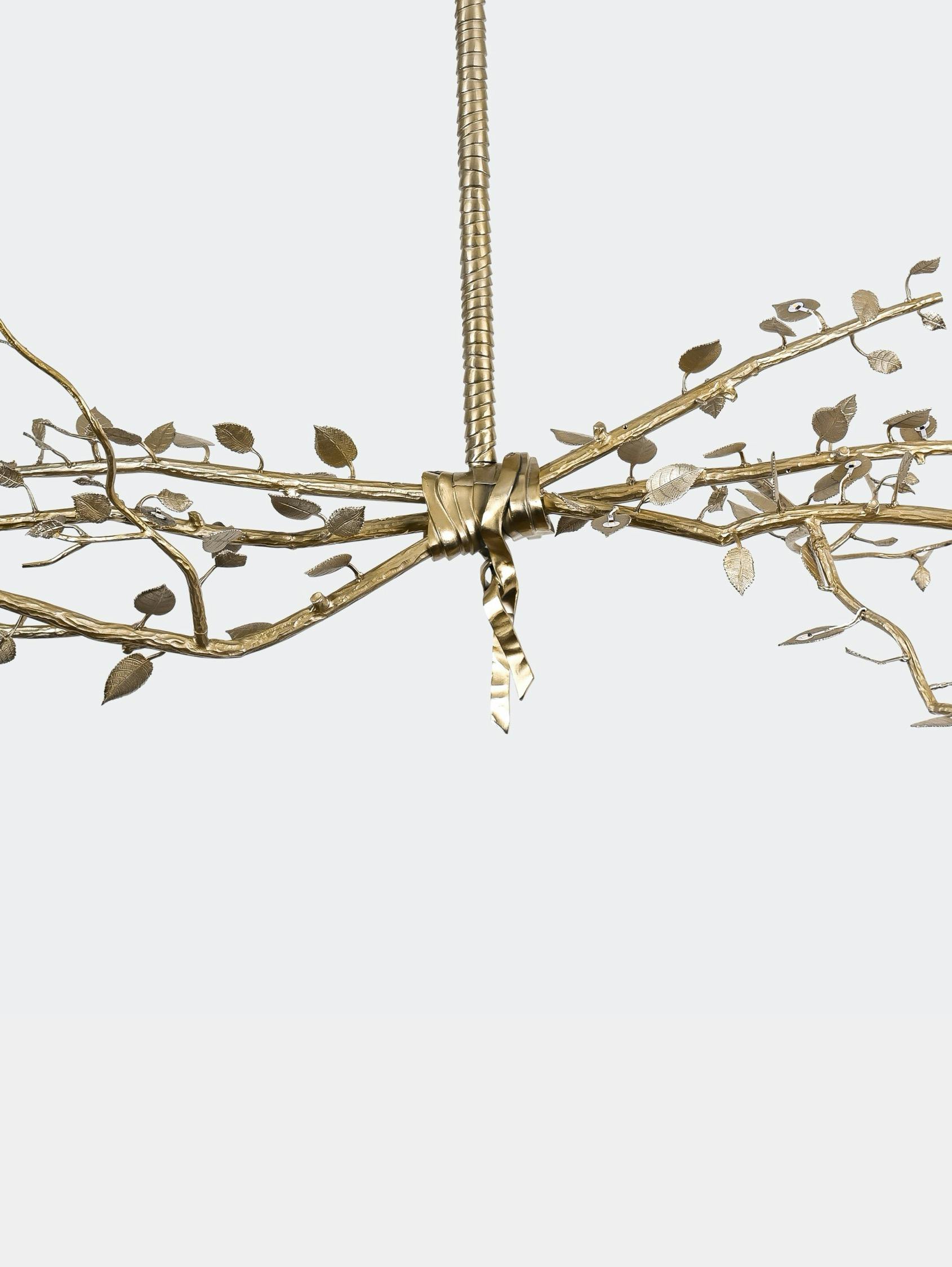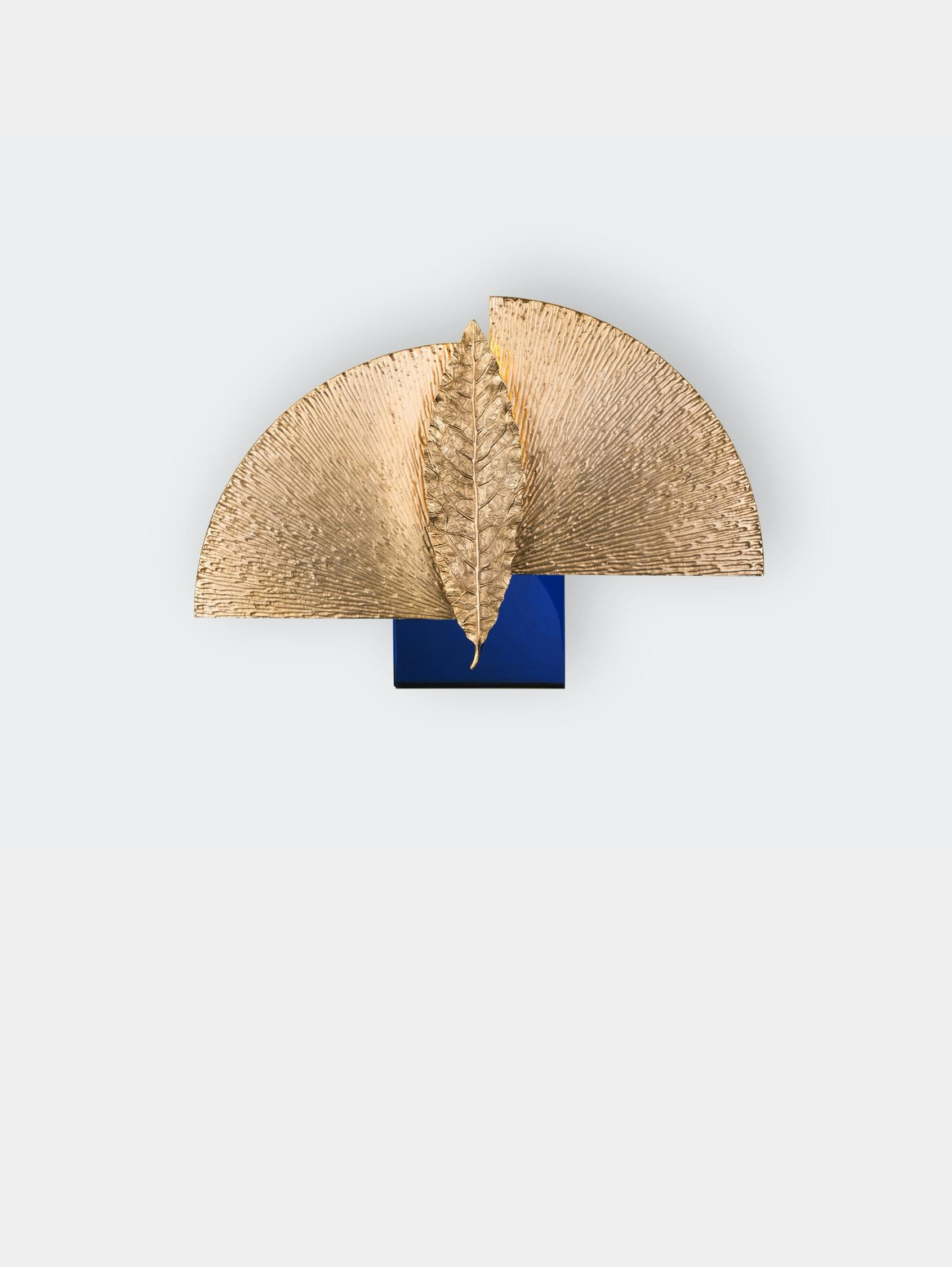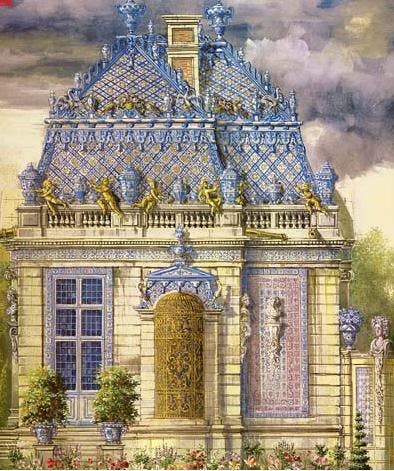The Félicité collection is inspired by Rinck’s history, our DNA, blending 18th-century and Art Deco influences with contemporary creation while remaining determinedly cutting-edge in how it works materials.
With the 2020 Félicité collection, Rinck picks up the threads of its history, recalling its annual furniture collections from the 1930s to the 1970s.
This decidedly contemporary collection nevertheless gives discreet yet discernable nods to Rinck’s venerable history.
